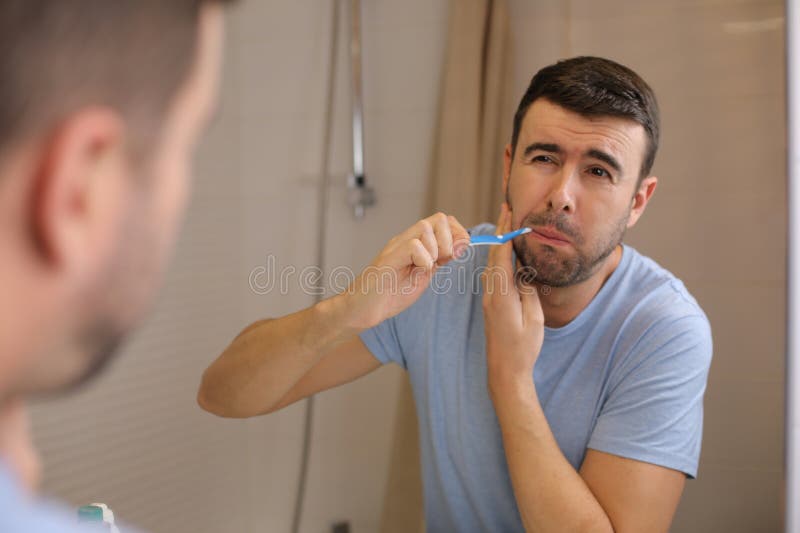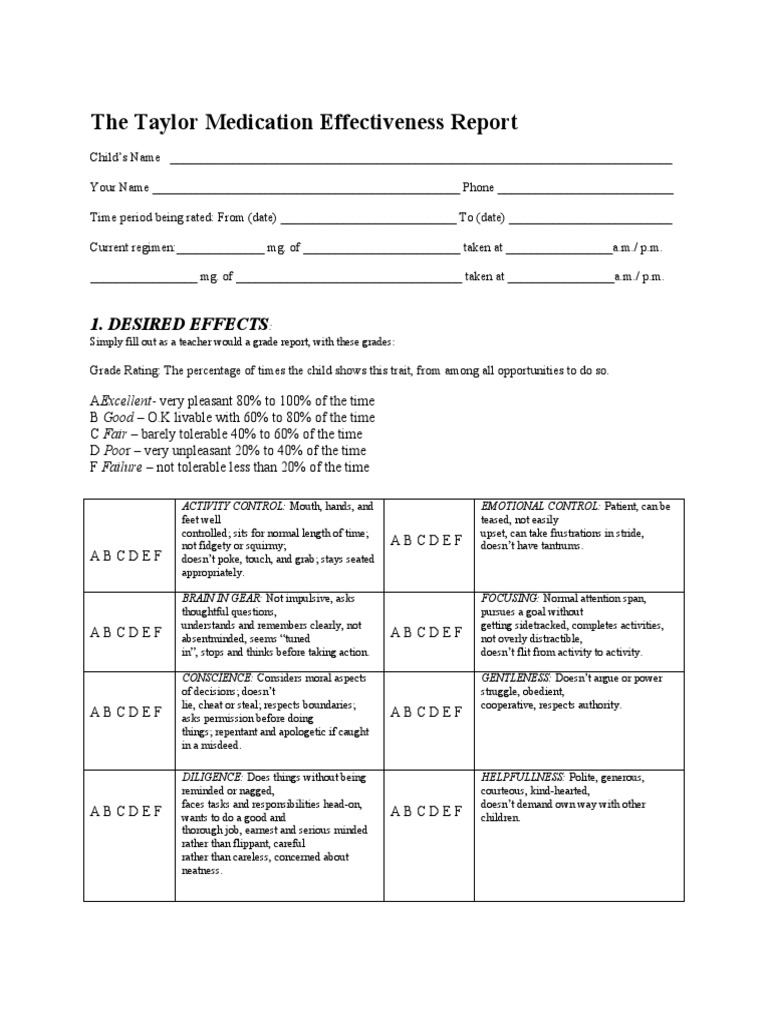8 After Brushing Teeth Solutions To Ease Pain

The familiar routine of brushing your teeth, a crucial part of oral hygiene, can sometimes be marred by an unexpected and unwelcome companion: pain. Whether it’s a sharp sting, a dull ache, or a sensitive zing, tooth pain after brushing can be not only uncomfortable but also puzzling. Understanding the causes and finding effective solutions are key to alleviating this issue and ensuring that your daily brushing routine is a source of freshness and comfort rather than distress.
Understanding Tooth Sensitivity
One of the most common reasons for experiencing pain after brushing teeth is tooth sensitivity. This condition arises when the dentin, the layer of tissue beneath the enamel, becomes exposed. The dentin contains tiny tubes that lead to the pulp of the tooth, which is rich in nerves. When these tubes are exposed, either due to receding gums or tooth wear, hot or cold temperatures, sweet or sour tastes, and even the mechanical action of brushing can cause fluid to flow through these tubes, stimulating the nerves and resulting in pain.
Solutions to Ease Pain After Brushing Teeth
Desensitizing Toothpaste: One of the first lines of defense against tooth sensitivity is using a desensitizing toothpaste. These toothpastes contain ingredients like potassium nitrate or strontium chloride that help block the dentin tubules, reducing the Dentin Hypersensitivity (DH). It’s recommended to use these toothpastes consistently for several weeks to experience noticeable improvements.
Soft-Bristled Toothbrush: Using a toothbrush with soft bristles can significantly reduce the irritation to your gums and teeth. Hard bristles can wear away the gum tissue and tooth enamel over time, exposing the dentin and leading to sensitivity. Choosing a soft-bristled toothbrush and brushing gently can help prevent further irritation.
Proper Brushing Technique: The way you brush your teeth is as important as the tools you use. Brushing too hard can damage gums and tooth enamel, leading to sensitivity. Instead, use gentle circular motions and make sure to brush all surfaces of your teeth. Pay particular attention to the gum line, where the teeth and gums meet, to remove plaque without causing irritation.
Fluoride Mouthwash: Using a fluoride mouthwash can help strengthen tooth enamel, making your teeth less sensitive. Fluoride works by promoting the remineralization of tooth enamel, which can reverse early stages of tooth decay and reduce the permeability of the dentin.
Avoid Using Too Much Force: While it might seem counterintuitive, using too much force while brushing can actually damage your teeth and gums. Be gentle, as excessive force can lead to gum recession and exposing the roots of the teeth, which are not covered by enamel and are more prone to sensitivity.
Regular Dental Check-Ups: Sometimes, tooth pain or sensitivity after brushing can be a sign of an underlying issue that needs professional attention. Regular dental check-ups can help identify and address problems such as cavities, cracks, or gum disease, which might be contributing to your sensitivity.
Salt Water Rinse: Rinsing your mouth with warm salt water can help reduce inflammation and ease pain. The salt helps reduce swelling in the gums, which can contribute to sensitivity, and can also help kill bacteria that might be causing infections.
Avoid Acidic Foods and Drinks: Consuming acidic foods and drinks can erode tooth enamel, leading to increased sensitivity. Limiting or avoiding such items and rinsing your mouth with water after consuming them can help mitigate their effects on your teeth.
Conclusion
Experiencing pain after brushing your teeth is not only uncomfortable but can also be a sign of a more serious dental issue. By understanding the causes of tooth sensitivity and adapting your oral hygiene routine accordingly, you can effectively manage and potentially eliminate this issue. Whether through the use of desensitizing toothpastes, adopting a softer brushing technique, or reducing the consumption of acidic foods, there are numerous strategies available to make your daily brushing routine pain-free and enjoyable.
FAQ Section
What are the main causes of tooth sensitivity after brushing?
+The main causes include exposed dentin due to receding gums or tooth wear, the use of hard-bristled toothbrushes, improper brushing techniques, and the consumption of acidic foods and drinks.
How can I prevent tooth sensitivity?
+Prevention involves using desensitizing toothpastes, soft-bristled toothbrushes, and gentle brushing techniques. Regular dental check-ups and maintaining a diet low in acidic foods can also help.
Are there any home remedies for immediate relief from tooth sensitivity?
+Yes, rinsing your mouth with warm salt water can provide immediate relief by reducing inflammation. Applying a desensitizing toothpaste directly to the sensitive area with your finger can also offer quick relief.

